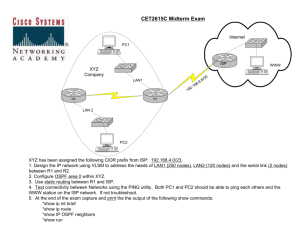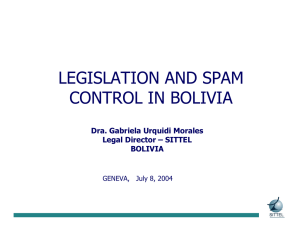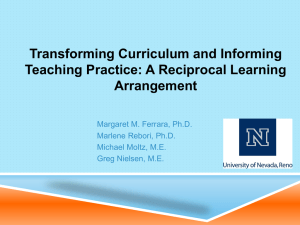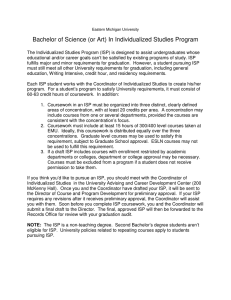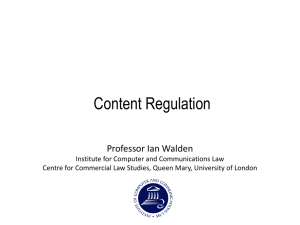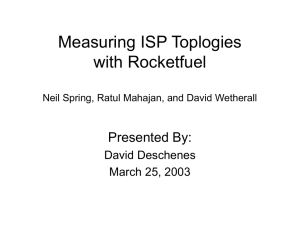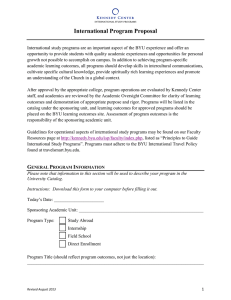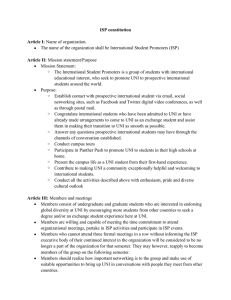Area Studies and Centers for International Affairs
advertisement
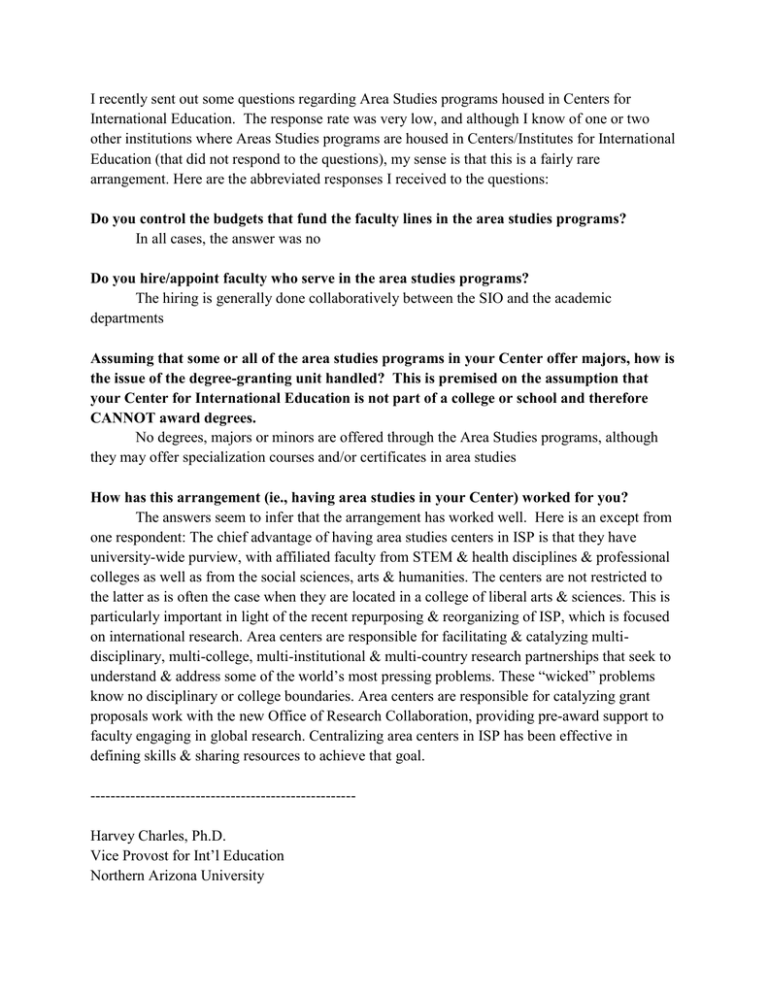
I recently sent out some questions regarding Area Studies programs housed in Centers for International Education. The response rate was very low, and although I know of one or two other institutions where Areas Studies programs are housed in Centers/Institutes for International Education (that did not respond to the questions), my sense is that this is a fairly rare arrangement. Here are the abbreviated responses I received to the questions: Do you control the budgets that fund the faculty lines in the area studies programs? In all cases, the answer was no Do you hire/appoint faculty who serve in the area studies programs? The hiring is generally done collaboratively between the SIO and the academic departments Assuming that some or all of the area studies programs in your Center offer majors, how is the issue of the degree-granting unit handled? This is premised on the assumption that your Center for International Education is not part of a college or school and therefore CANNOT award degrees. No degrees, majors or minors are offered through the Area Studies programs, although they may offer specialization courses and/or certificates in area studies How has this arrangement (ie., having area studies in your Center) worked for you? The answers seem to infer that the arrangement has worked well. Here is an except from one respondent: The chief advantage of having area studies centers in ISP is that they have university-wide purview, with affiliated faculty from STEM & health disciplines & professional colleges as well as from the social sciences, arts & humanities. The centers are not restricted to the latter as is often the case when they are located in a college of liberal arts & sciences. This is particularly important in light of the recent repurposing & reorganizing of ISP, which is focused on international research. Area centers are responsible for facilitating & catalyzing multidisciplinary, multi-college, multi-institutional & multi-country research partnerships that seek to understand & address some of the world’s most pressing problems. These “wicked” problems know no disciplinary or college boundaries. Area centers are responsible for catalyzing grant proposals work with the new Office of Research Collaboration, providing pre-award support to faculty engaging in global research. Centralizing area centers in ISP has been effective in defining skills & sharing resources to achieve that goal. ----------------------------------------------------Harvey Charles, Ph.D. Vice Provost for Int’l Education Northern Arizona University


